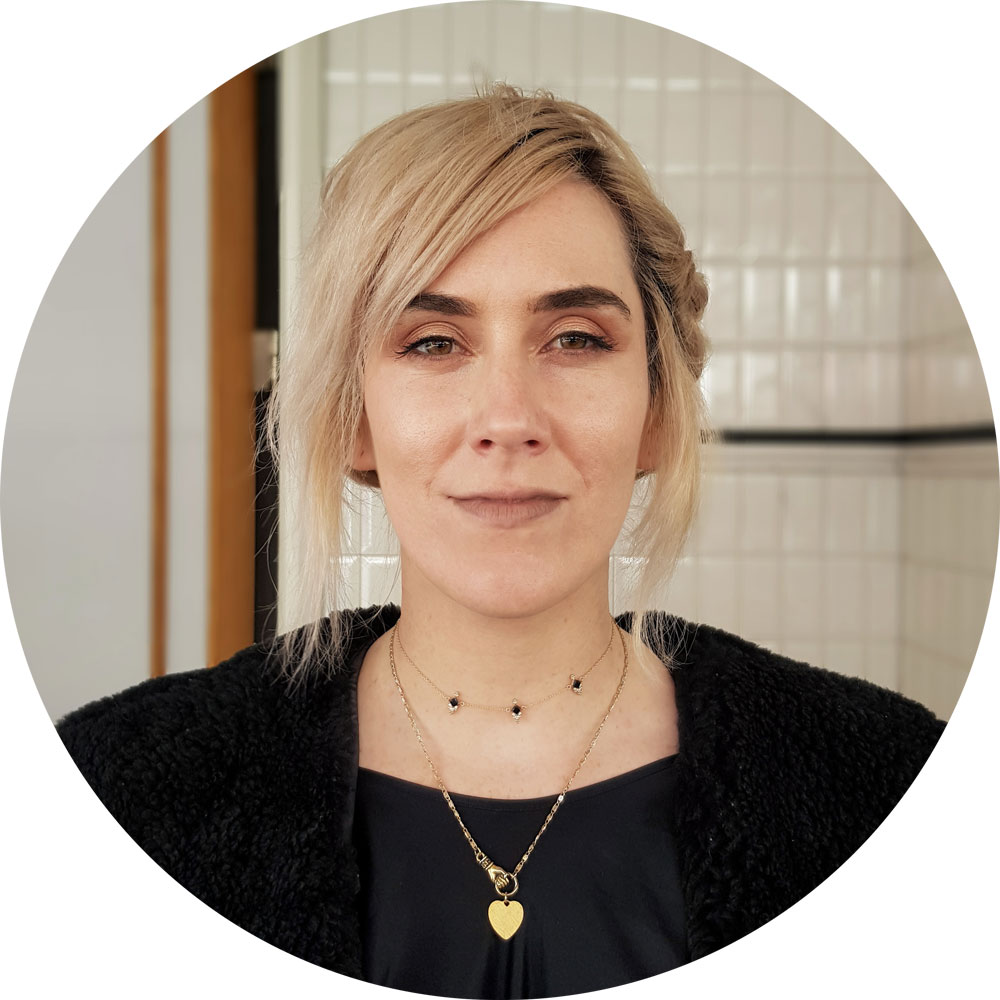You are here
Unpicking the mess: Asking about women's experience in church

Friends and Salvationists Brooke Walker and Rosy Keane led a workshop at a leaders conference, asking what place and space women experience in The Salvation Army and what things need to change.
Rosy Keane leads us through their workshop layout, inviting us to use what is helpful to ask what women need, where you are.
Brooke Walker is the children's worker at The Salvation Army Glen Eden, and I am on The Salvation Army Women's Ministries Territorial staff. We hosted our workshop at The Salvation Army New Zealand, Fiji, Tonga and Samoa children's and youth leaders' camp, with hope of exploring 'a woman's place' in The Salvation Army, and where God is bringing new horizons of equity for women.
Brooke's vision of a stitch-up
Brooke: As Rosy and I were praying in preparation for our workshop, an image was put in my mind of a piece of fabric that had been hastily sewn. I got the sense that it was not sufficient to carry on the sewing with a neater stitch. The untidy sewing had to be unpicked, then sewed again with care and precision.
Surveying the voices of women in The Salvation Army
'Ask them, ask them what they need.'
Rosy: When I first began my role in Women's Ministries, an expert community-builder asked 'What do the women need?'
As I began answering, he quickly interjected, 'Not what you think they need. Ask them, ask them what they need.' Brooke carries the same wairua, asking for the voice of the community rather than imposing her own.
Together we came up with a small survey with ten questions, asking about the hurdles women experienced within their contexts. Ten people participated. Nine were women, and they were a mix of employees, children's workers, youth workers and Salvation Army members. Read the full anonymous survey here.
'[Women] struggle to come if they aren't like the other 'church women''
'Lack of leadership development/opportunities.'
'A missing voice in some forums.'
'Domestic violence, gender equity, lack of confidence, skills, uncertainty about taking up opportunities in front of them.'
The Space for Women in Church
The workshop attendees shared their experiences and offered insight into what needed changing, for equitable outcomes and equal voice to occur. Why not host a similar conversation in your setting, either using our questions or tailoring some of your own?
We used the following prompts to begin conversation:
- What are ‘women's’ jobs in church?
- Who holds the microphone/has the 'final say' in your settings?
- What the standards for male vs. female leadership?
- Who are our young Māori women seeing in leadership?
- Who is representing their voices to our leaders?
- How are you fostering equality in your children's and youth groups?
- Of church resources - who are the authors? Whose stories are being told? Who is being left out?
We encourage you to take this small slice of information and grow your own research, and hear your community. What is it that the women need? What might you lose, if you give rise to the voice of women? And what might you gain if we were to repent, unpick and re-sew a new future together?
